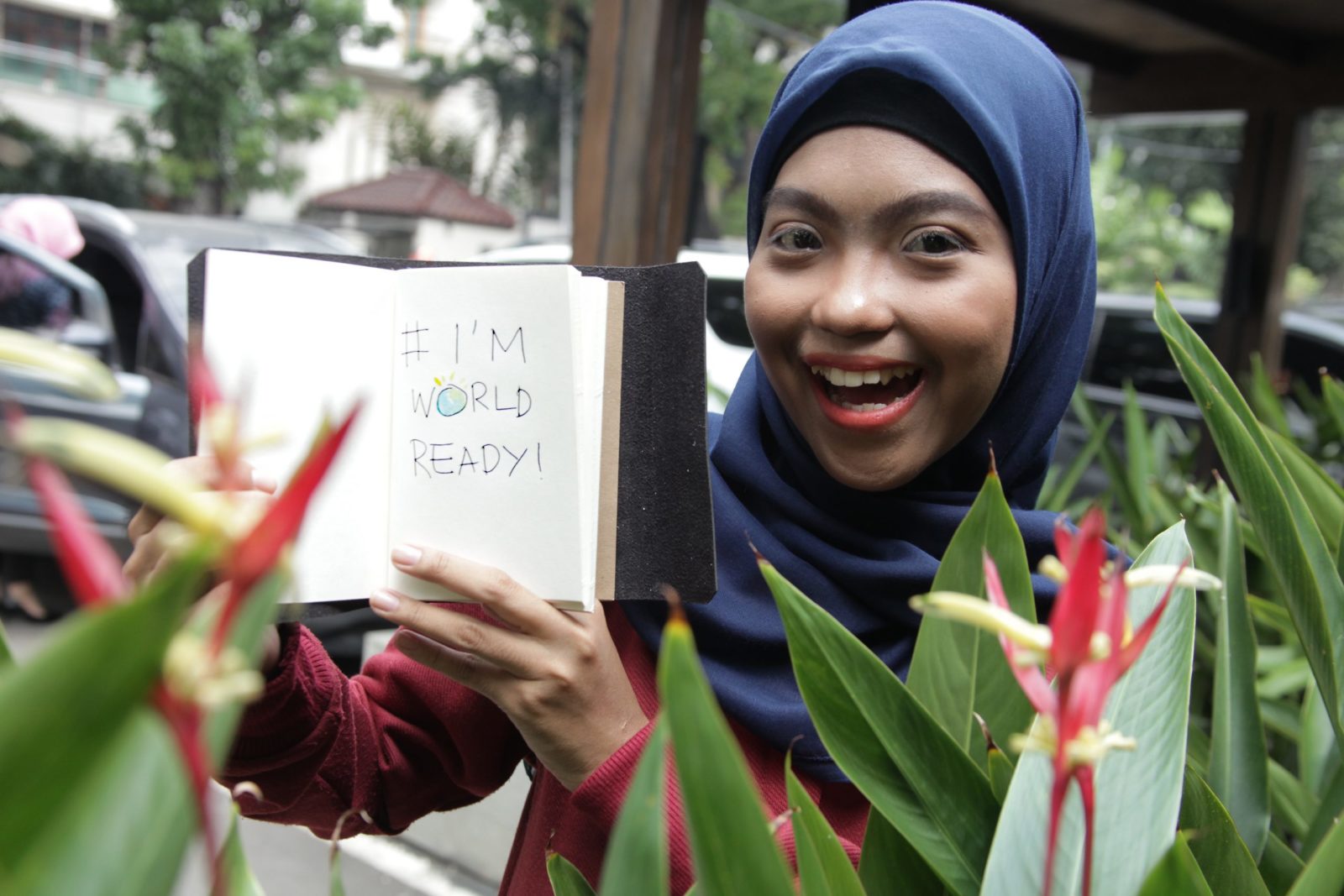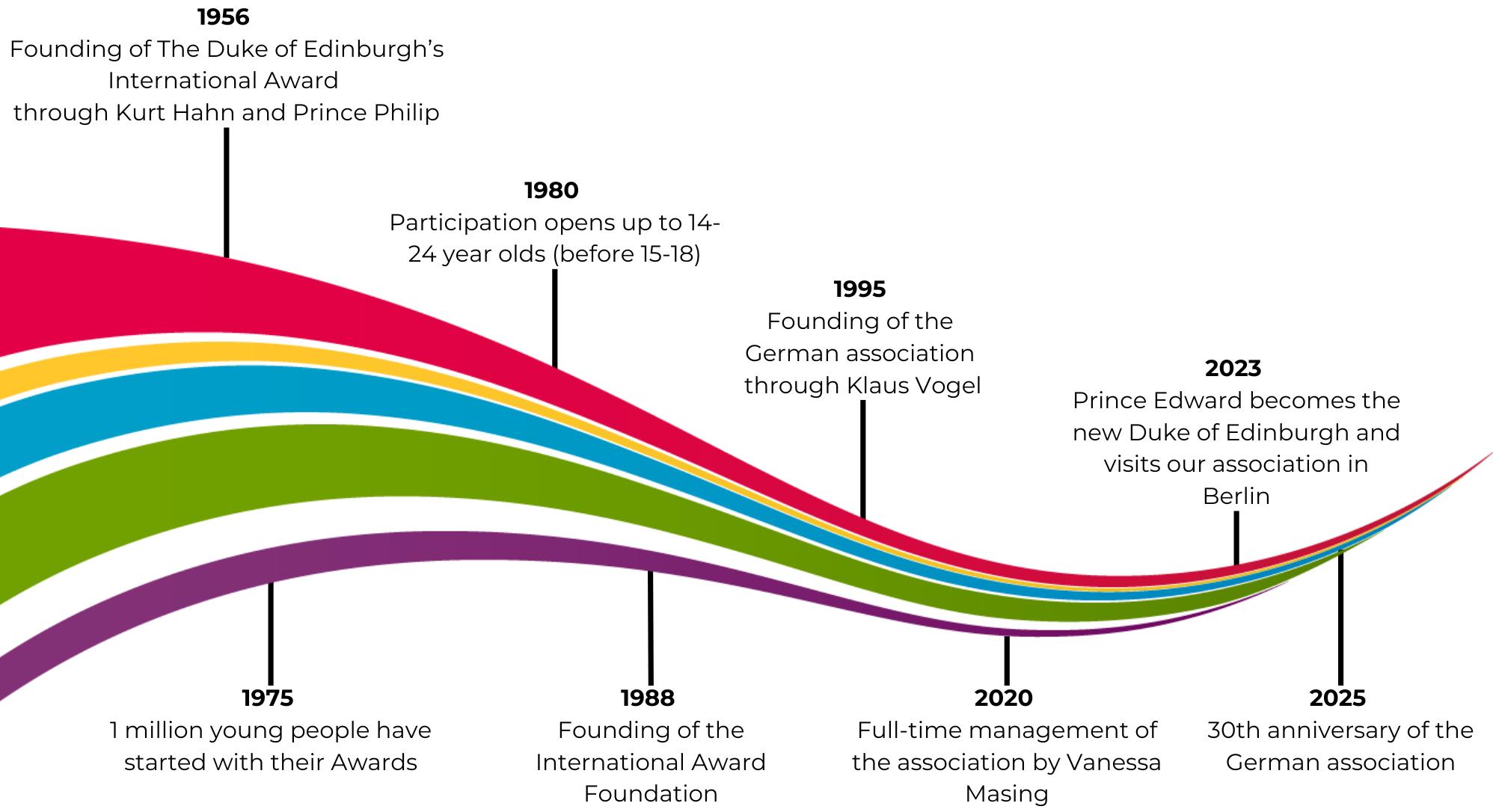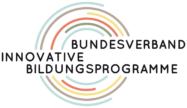Our Vision and Mission
Our vision is a world in which every young person has the chance to develop to their full potential, lead a self-determined and fulfilled life and help shape our society.
We offer educational institutions a framework for non-formal education and experiential learning and support them in implementing it. The Duke of Edinburgh’s International Award promotes
- independent learning and intrinsic motivation through the experience of self-efficacy and recognition
- self-confidence, resilience and other key socio-emotional skills
- personal development
We encourage educational institutions to develop into places where potential can be realised and to network with their environment. We motivate young people to work towards social and ecological transformation.
Our goals for 2030
In 2030
- at least 5,000 young people will start their Award programme each year
- at least 2,500 young people will start their Award programme each year at public schools
- at least 1,250 young people will start their Award programme each year at schools with a social index > 4
- at least 75% of participants will successfully complete their Award
- at least 75% of the participants taking part in our outcomes evaluation state that they have gained in self-confidence and resilience as a result of their participation in the Award programme
- at least 75% of the participants taking part in our outcomes evaluation state that they want to change their behaviour as a result of their participation in the Duke, by volunteering more, being more active in sports and living healthier, developing their talents more and spending more time in nature.
- A scientific evaluation of the Duke programme has shown that the labour market prospects of participants from socio-economically challenging backgrounds improve as a result of their participation in the Award programme.
Impact of the Award
Our team in Germany
Our team consists out of people who are passionate about developing potential and equal opportunities and who want to contribute to the realization of UN children’s rights and the Sustainable Development Goals. In doing so, we take the Duke Award motto to heart: We can do more than we think!
We have offices in Berlin, Bonn and Leipzig.
Get to know our team
Our Advisory Board in Germany
Our Advisory Board advises and supports our team in the strategic direction of our association.
Get to know our advisory board
Become part of our team
You have various opportunities to contribute your wishes, thoughts and ideas to our association!
- Volunteering: People who would like to support the Award on a voluntary basis can apply to us.
- Association member: You can join the association and help influence our strategic direction at our member meetings and have a direct impact on educational equality in Germany.
- Active: Award participants also have a direct path to our decision-making table – via the Youth Ambassador Program.
- Alumni: Award alumni can become members of the Alumni Association (more information to follow). You are also welcome to visit the Award Alumni Community on LinkedIn and add your Award to your CV.
- Job: If you are currently looking for a career change and would like to apply to us, we are happy to receive unsolicited applications. You can also visit our job board, where we regularly publish job advertisements. We look forward to hearing from you!
The International Foundation
Our association is licensed by The Duke of Edinburgh’s International Award Foundation which supports and assists national organizations in over 130 countries in implementing the Award.
We are also part of the alliance of the largest global youth movements “The Big Six” and cooperate with the UN and WHO in ongoing projects.
The history of the Award
The Duke of Edinburgh’s Award was founded in 1956 by Prince Philip and the German educationalist Kurt Hahn.
Like its “siblings” Round Square, Outward Bound and United World Colleges, the Award is inextricably linked to its inventor Kurt Hahn (1886 – 1974). Although its direct roots can be found at Schule Schloss Salem, where the reform pedagogue worked as founder and principal from 1920 until his emigration in 1933, they go back to the origins of pedagogy in Plato’s State and Pindar’s “Become who you are!”.
The program was founded in Great Britain by Hahn and Prince Philip, whose title “Duke of Edinburgh” is still its name today. Philip was a pupil at Salem and then at the “second Salem” Gordonstoun, which Hahn ran from 1934 to 1953.
In the early years, the aim was to make meaningful use of the time between leaving school at the age of around 15 and entering military service at around 18 and to give young men the opportunity to develop their personalities during this time.
An initial pilot project was rolled out to local education authorities, the Navy, Army and Royal Air Force, as well as a handful of independent schools and grammar schools across the UK. After the first year, 7,000 boys had started their Award and around 1,000 of them had achieved an Award. In fact, the pilot project proved so successful that projects were soon launched overseas, also for girls.
The Award continued to develop over the following decades. In 1980, the age limit was extended so that any young person between the ages of 14 and 24 could take part. At this time, the Award took on its current format with four program sections: Service, Skills, Fitness and Expeditions, and at the Gold level additionally the Gold Project.
In Germany, several organizations that were already working with the programme under the direct supervision of the International Foundation founded the Association in 1994/1995. In 1996, the association was recognized in Baden-Württemberg as an independent youth welfare organization and by the International Foundation as the German “National Award Office”. One of the Award Operators in Germany is Schule Schloss Salem, where it all began in 1920. The German association was headed by Klaus Vogel until its 25th anniversary in 2020. Since 2020, Vanessa Masing is the National Director and Chairwoman of the Executive Board.
Children's rights and SDGs
By enabling young people to participate in the Award, educational institutions actively support the realisation of the UN Convention on the Rights of the Child, whose fundamental principles are the requirement of equal treatment Other rights of the CRC that are promoted by participation in the Award are:
Our work contributes particularly to the following SDGs:
Why children's rights help to empower young people SDGs and the Award






